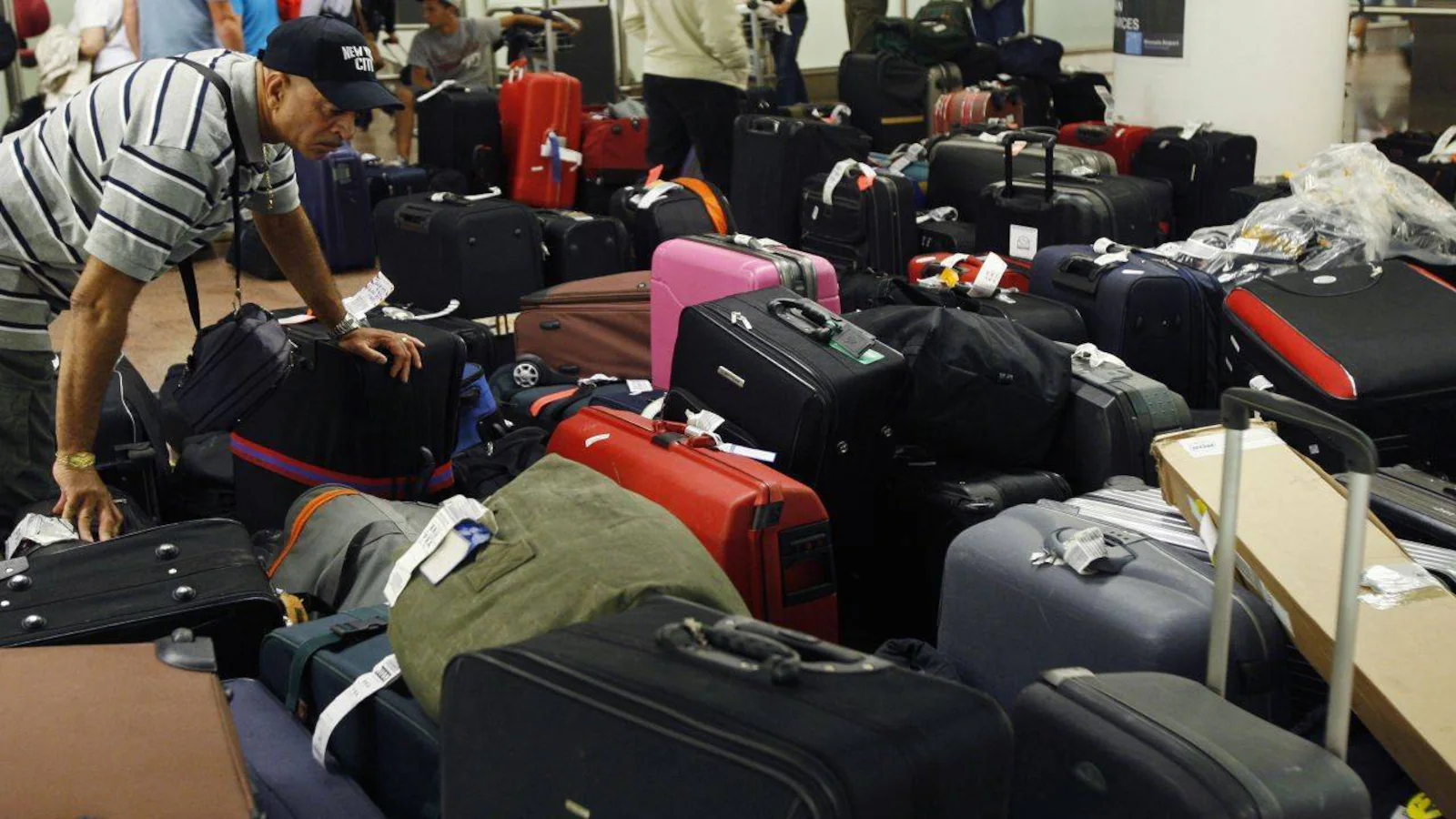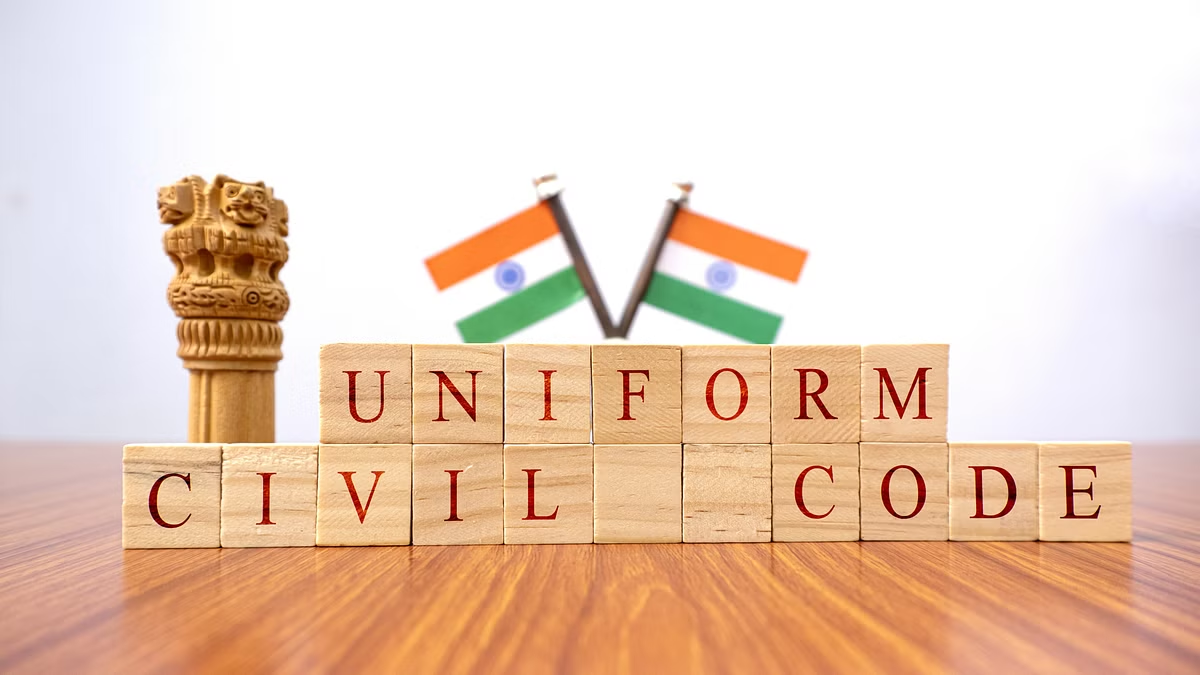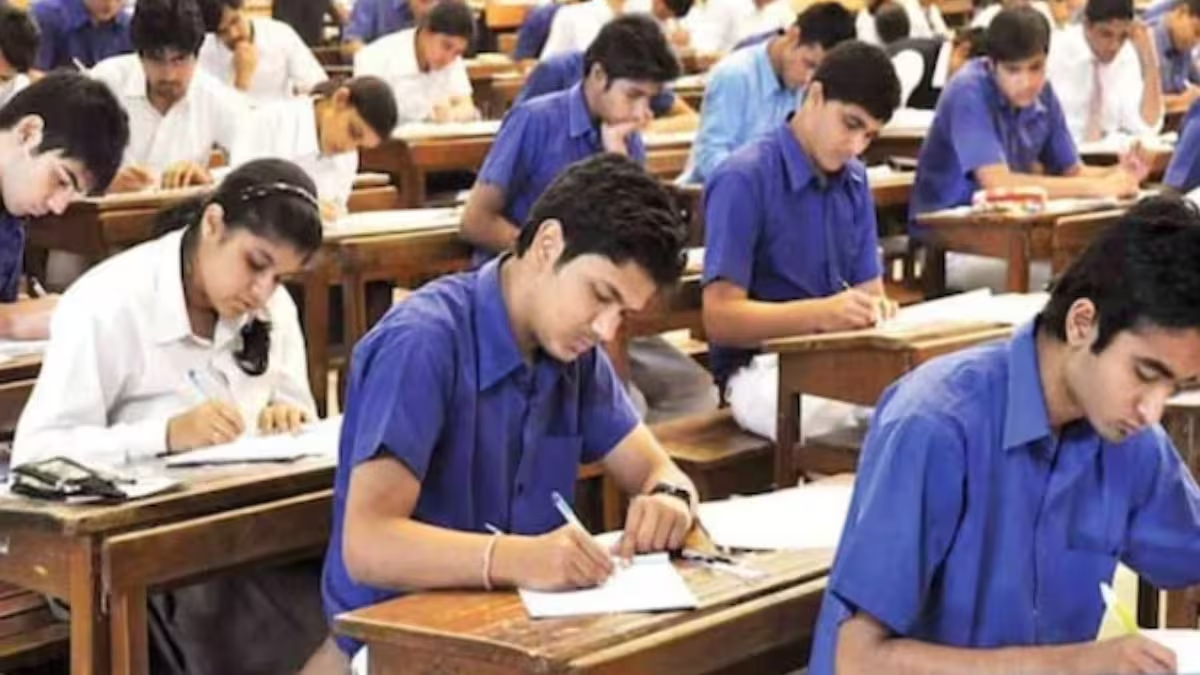INTRODUCTION
Lost baggage can be understood as the luggage that fails to arrive at the passenger’s destination within a reasonable timeframe, typically within 24 hours after the flight. According to the Directorate General of Civil Aviation (DGCA) guidelines, airlines are responsible for locating lost baggage and compensating passengers if their luggage cannot be found within 21 days. If baggage remains unclaimed after this period, it is classified as lost and is typically auctioned off.
Losing one’s checked baggage at an airport can be a frustrating and inconvenient experience for any traveler. In India, airlines are legally bound to compensate passengers when their luggage is lost, damaged, or delayed while under the airline’s control.
Reporting Lost Baggage
When a passenger’s checked bag does not arrive at the baggage carousel, the first step is to file a Property Irregularity Report (PIR) with the airline. The passenger should provide details about the lost bag, such as its description and contents, and keep their boarding pass handy as it contains the luggage tag information. The airline will attempt to locate the missing bag and deliver it to the passenger free of charge if found.
Compensation Limits
The amount of compensation an airline must pay for lost checked baggage in India is governed by the Carriage by Air Act, 1972 and DGCA regulations. The current limit is INR 20,000 which is approximately $250 per passenger for both domestic and international travel. At times the airlines may exclude liability for certain items like fragile goods, electronics, cash, etc. that are listed in their contracts of carriage. Passengers may wish to purchase additional insurance for valuable items.
Procedure for Claiming Compensation
Once a bag is declared lost after 21 days of filing the PIR, the passenger can claim compensation by providing the airline with an itemised list of the lost contents and their value, along with copies of receipts if available. Some airlines provide interim compensation if the bag is delayed beyond 24 hours.
While the compensation limits provide a framework for airlines to reimburse passengers for lost baggage, there are several challenges and considerations:
Accurately assessing the value of a lost bag’s contents can be difficult, especially for items without receipts or proof of purchase. Airlines may depreciate the value of items based on their age.Passengers are required to file claims within specific timeframes, typically within 7 days for damaged bags and 21 days for delayed bags. Failure to do so may result in the airline denying the claim.Airlines can exclude liability for certain items like cash, jewellery, and electronics. Passengers should be aware of these exclusions and consider purchasing additional insurance for valuable items. In case of disputes over compensation amounts or denied claims, passengers may need to resort to legal action or alternative dispute resolution mechanisms provided by the airline or the DGCA.
In a recent case, a 61-year-old woman sued Air India for offering inadequate compensation for her lost baggage during a flight from San Francisco to Bengaluru. Air India initially offered her INR 44,685 based on their internal policy, but the passenger demanded INR 2.29 lakh according to her estimation. The consumer court ruled that Air India’s compensation was fair according to the Montreal Convention, which entitles passengers to 17 Special Drawing Rights (SDRs) per kilogram of lost baggage. However, the court ordered Air India to pay an additional INR 25,000 to the passenger for “inconvenience,” “mental agony,” and hardship faced due to the delay in full payment.
The Auction Process for Unclaimed Baggage
The process of auctioning unclaimed baggage in India typically involves several key steps such as the Airlines and airports maintain a lost and found department where unclaimed bags are stored. After the mandatory holding period, which is generally 90 days, if the luggage remains unclaimed, it is prepared for auction. During this time, airlines make efforts to locate the owners, utilising tracking systems and databases to match bags with passengers. Once the holding period has expired, the unclaimed bags are assessed. This involves sorting through the contents to determine their condition and potential value. Items that are damaged or unsellable are discarded, while those in good condition are cleaned and prepared for auction. Some auction houses may also separate the contents from the luggage itself, allowing for both bags and their contents to be sold. Airlines typically partner with auction houses to conduct the sales. These auction houses will organised the items, catalog them, and set up the auction event. Some auctions take place in person, while others are conducted online, allowing a broader audience to participate. On the day of the auction, participants can either attend in person or bid online. Many auction houses allow potential buyers to preview the items before bidding begins. This preview period is crucial for buyers to assess the value of the items and decide how much they are willing to bid.
Bidders must register before participating in the auction. This usually involves providing identification and sometimes a refundable deposit. Bidding can be competitive, especially for high-value items. Auction houses often charge a buyer’s premium, which is a percentage added to the final bid price. This fee can range from 15% to 20%, plus applicable taxes. After the auction concludes, winning bidders must pay for their items, including any buyer’s premiums. Once payment is processed, buyers can collect their items immediately or arrange for shipping if the auction is conducted online.
Revenue Generation and Economic Impact.
The revenue generated from lost baggage auctions can be significant, depending on the volume and value of items auctioned. For instance, auctions can yield anywhere from a few thousand to several lakhs of rupees, depending on the items’ quality and desirability. This revenue can be crucial for airlines and airports, helping to offset the costs associated with baggage handling and storage.
While the primary beneficiaries of lost baggage auctions are airlines and auction houses, there is also an indirect benefit to the government. The taxes collected from these auctions contribute to government revenue. Additionally, the economic activity generated by these auctions can lead to job creation in the auctioneering and logistics sectors. In some cases, proceeds from lost baggage auctions are directed towards charitable organisations or community projects. This practice not only helps in raising funds but also promotes positive community engagement. For example, some airlines have partnered with NGOs to donate a portion of the auction proceeds to support various social causes.
Conclusion
Lost baggage auctions in India represent a unique intersection of commerce and community engagement. By effectively managing unclaimed items, airlines can generate significant revenue that supports local charities and community initiatives. The success of these auctions highlights the potential for airlines and airports to leverage lost property not only as a means of revenue generation but also as a way to foster community goodwill.
As the travel industry continues to evolve, airports may find innovative ways to enhance their auction processes, further increasing their positive impact on society. While the exact revenue generated from these auctions may vary, the practice serves as an essential mechanism for managing lost baggage and contributing to the economy.






